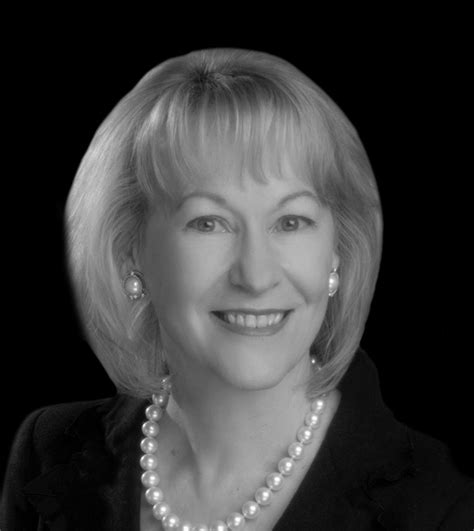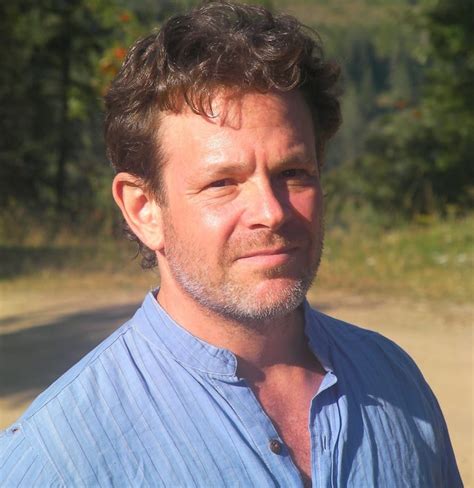A Quote by Lee Kuan Yew
The difficult part was getting the people to change their habits so that they behaved more like first world citizens, not like third world citizens spitting and littering all over the place.
Related Quotes
I would like to invite the citizens of Great Britain and the citizens of the U.S. and the citizens of the world to come here and walk freely through the streets of Venezuela, to talk to anyone they want, to watch television, to read the papers. We are building a true democracy, with human rights for everyone, social rights, education, health care, pensions, social security, and jobs.
If we are perceived by the rest of the world as employing a double standard in the way that we pursue the war on terror, if we are seen as imposing on other countries' nationals, burdens that we wouldn't be able to tolerate ourselves, then we sacrifice the legitimacy of the enterprise. And I don't think the world considers it illegitimate for the United States to seek to protect itself from another attack like the one we suffered on 9/11, but I think the world does think it is illegitimate to do so by sacrificing their citizens' rights and not our citizens' rights.
One of the things that I realized when I left office was that in the 1990's citizens across the world applied more power than they had ever had, as compared with the government, because of more people living under democracies than dictatorships for the first time, the power of the internet, which the young Chinese used to basically change China's policy on the SARS epidemic, and shut it down, and because of the rise in non-governmental organizations like my foundation.
I think of what's happening in Detroit as part of something that's much bigger. Most people think of the decline of the city as having to do with African-Americans and being in debt, and all the issues like crime and bad housing. But what happened is that when globalization took place, following World War II, Detroit's role as the center and the symbol of industrialization was destroyed. It wasn't because we had black citizens mainly or a black mayor; it was because the world was changing.
The communications revolution has given millions of people both a wider and more detailed understanding of the world. Because of technology, ordinary citizens enjoy access to information that formerly was available only to elites and nation-states. One consequence of this change is that citizens have become acutely conscious of environmental destruction, entrenched poverty, health catastrophes, human rights abuses, failing education systems, and escalating violence. Another consequence is that people possess powerful communication tools to coordinate efforts to attack those problems.












































